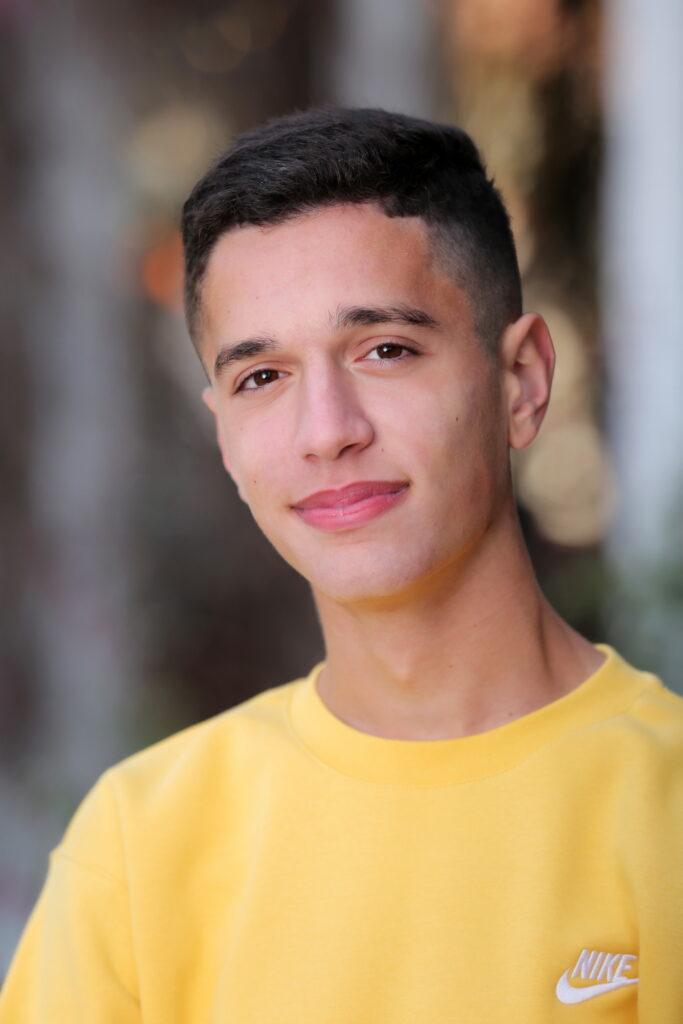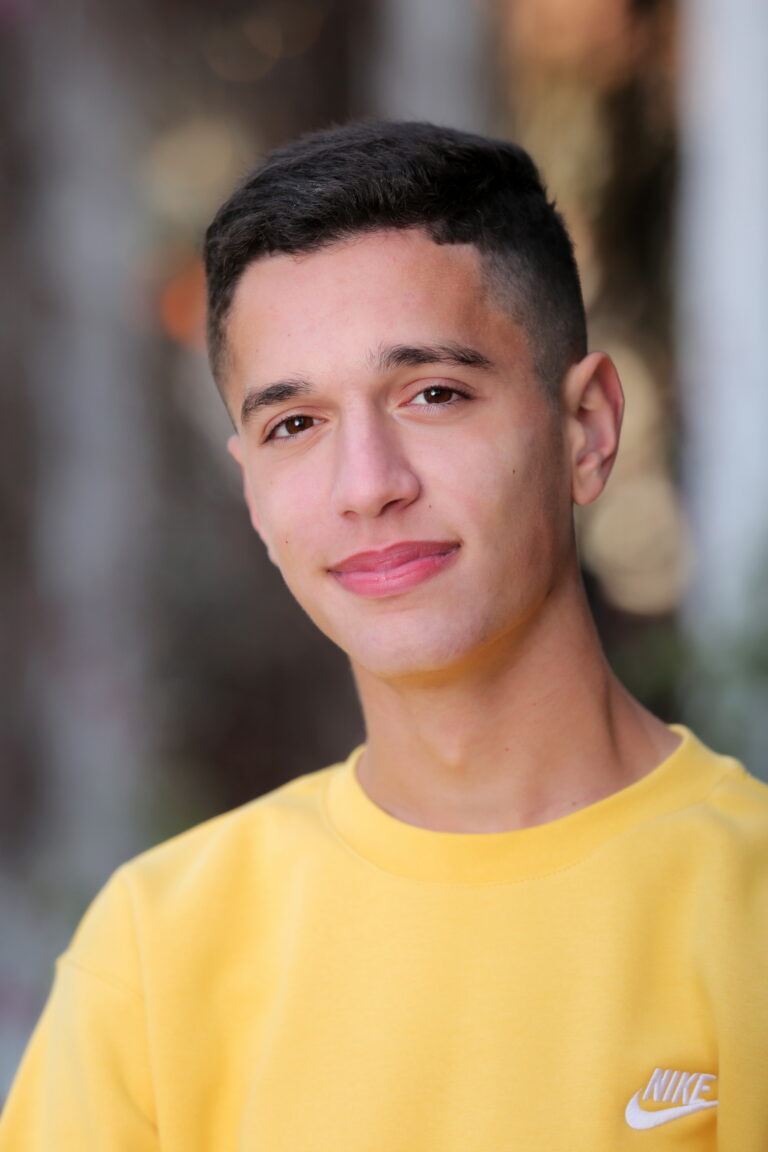April is Arab American Heritage Month, a time to celebrate the rich culture and contributions of the diverse population of Arab Americans in the United States. It’s the second year that the month has been formally recognized by the federal government. To recognize the occasion, The Daily is putting a spotlight on members of the university community who identify as Arab American.
Ibrahim Ifetiha, a first-year chemical biology student at Case Western Reserve University, is a child of two cultures—his mother hails from Palestine and his father from Jordan. A shared love of the cuisine of their homelands is just a small part of what brings his family together.

“On a daily basis we eat dishes that are specific to the regions my parents grew up in,” Ifetiha said. “Some favorites of mine include mansaf (lamb cooked in a sauce of fermented dried yogurt and served with rice or bulgur) and makloubeh (spiced rice cooked in meat broth, meat pieces, eggplant and cauliflower).”
Now at Case Western Reserve, Ifetiha shares his love of Middle Eastern culture with his peers through the university’s Muslim Student Association (MSA) and Middle Eastern Cultural Association (MECA), groups that have allowed him to connect with students of similar backgrounds—though he appreciates the chance to share his ancestry with those different from him, as well.
Arab culture is rich and diverse, Ifetiha said, and it’s nearly impossible to know everything about it because it includes such a vast body of religions, foods, music, languages, clothes and more. As he reflects on his heritage this month, Ifetiha encourages members of the university community to do their own research.
“[This month] is an opportunity for people to leave behind their preconceptions and learn something new about people who they may have misunderstood before,” he added. “Defining our culture and showing people all the great things achieved and provided by Arab Americans is great for all communities as we continue to learn about and understand one another.”
For Ifetiha, sharing his culture is important because he knows there are people out there, with the same background as him, who “uncomfortably go about their day thinking they are outsiders—when in reality, they’re just like most people around them.”
He has found it easy to engage with the Case Western Reserve community about his culture, mainly because he believes the university has an understanding and collaborative environment that invites such cultural exchange.
Experimenting at CWRU
In Ifetiha’s opinion, the university’s collaborative environment exists inside the classroom, too. Though he’s just a first-year student, he’s already been able to experiment and grow his passion for chemical biology, guided by professors who have been “nothing short of supportive.” His inner child couldn’t be more thrilled.
“Ever since I was a kid, I’d see people mix colorful liquids into one that would make something cool happen in cartoons, commercials and movies,” he said. “As I grew up, I found that these mixtures have unlimited possibilities and save people’s lives.”
When he graduates in a few years, Ifetiha plans to pursue medical school to continue on his path to becoming a doctor—and he has big goals in sight. He wants to develop medicine that improves lives.
“I’ve seen people become sick and have everlasting symptoms and side effects, leaving them just a portion of what they were,” he said. “Being able to put a stop to some of these unfortunate circumstances is my ultimate goal. Helping people recover from the things they can’t control—that’s the motive.”

